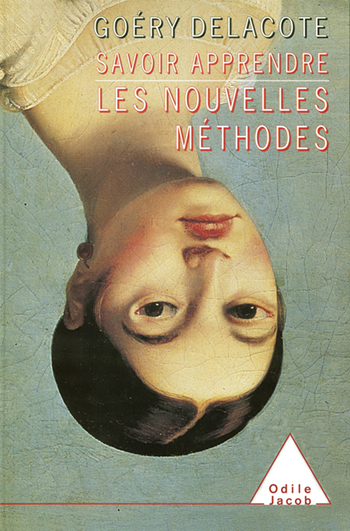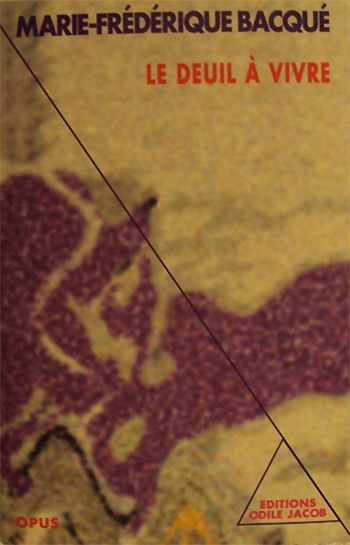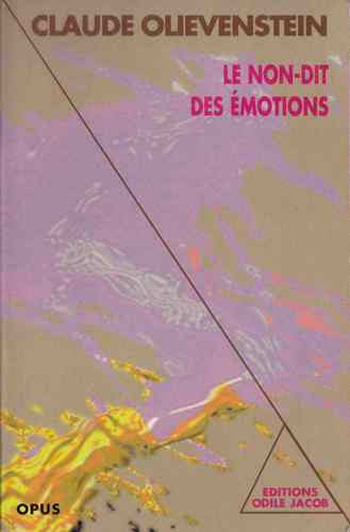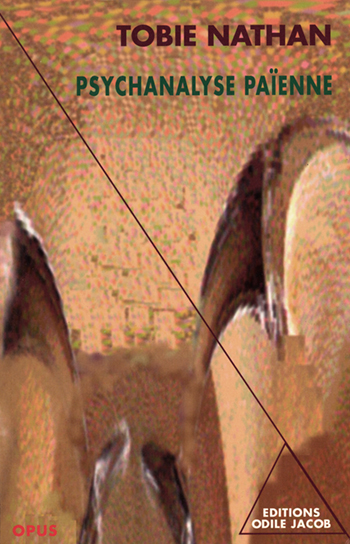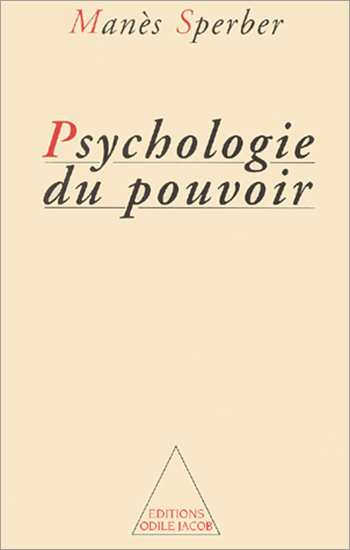Psychology All books
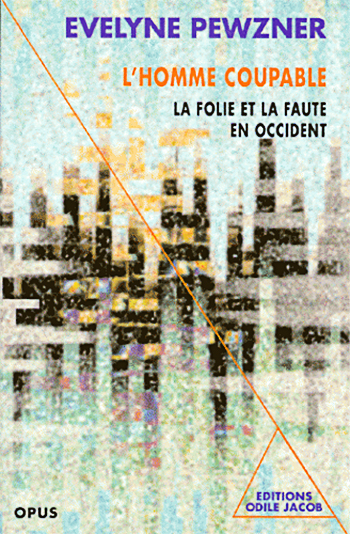
Évelyne Pewzner
The Guilt of Man (Coll. Opus) Fault and Insanity in the West
Why is the obsessive horrified by a tiny stain ? Why does the depressive relentlessly search for a redemptive punishment ? When human behaviour translates the suffering and helplessness of an individual confronted with anguish and solitude to the collapse of that being, to a retreat inside a strange inner world, to the loss of all that which anchors him to life, it is not enough, in order to understand him, to connect up the events of his life. It is also necessary to situate that individual in the wider scale of cultural indictations, which play a determining role in the formation of the personality. In this way, Évelyne Pewzner undertakes to show in what sense, Western Christianity, which is intrinsically linked to the problem of evil, leaves in each of us an imprint of distress. Évelyne Pewzner is a psychiatrist, and a professor of psychopathology at the University of Picardie.

Nathalie Zajde
The Children of the Survivors (New Edition) The Transmission of Trauma to Jewish Children
"I have terrible nightmares and I would like to know if other children of survivors have the same dreams as me. I think it is crazy to have never lived through the war, yet have these extremely precise dreams." In Jewish families, why do the children of those who escaped Nazi extermination often have the same dreams as their parents, even though their parents have never spoke about the traumas which they lived through ? Reinforced by cleverly recounted stories, this book describes precisely what is called the survivors syndrome, an illness which manifests itself through nightmares, feelings of intense terror and desertion, a particular and incurable annoyance, recurring memories, and unfounded fears. It demonstrates that, thanks to the techniques of ethno- psychiatry, it is possible for these children of survivors to take back their place among the living. Clinical psychologist, and master of conference at the University Paris VIII, Nathalie Zajde is also a researcher at the Georges Devereux Centre.
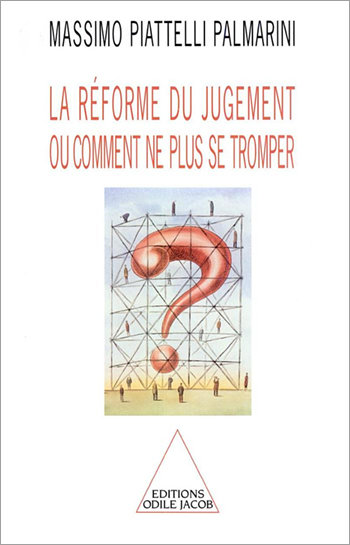
Massimo Piattelli Palmarini
Retraining Judgement How to avoid fooling yourself
How can we reason more effectively ? Everyday, we solve countless problems and take decisions by trusting our intuition, our common sense. Often, it is not only our passions, our emotions that lead us astray, it is the mind itself which tricks us, without us even being aware of it. How can we avoid these traps ? By driving out into the open, with the help of Massimo Piattelli Palmarini, the natural illusions and unconscious mechanisms which occupy our minds, and by working to help our judgement in the same way as psychoanalysis works to improve our emotional lives.
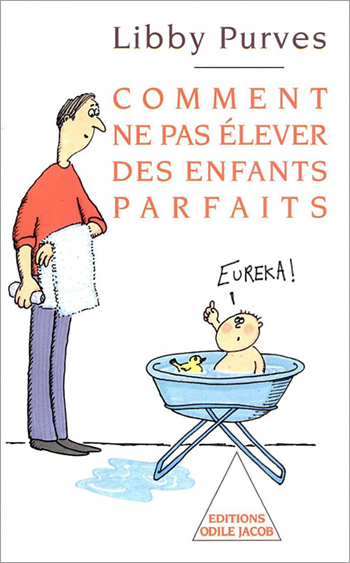
Libby Purves
How Not to Raise Perfect Children
All parents want to raise exceptional children : well-balanced, healthy, clean behind the ears and gifted for everything...
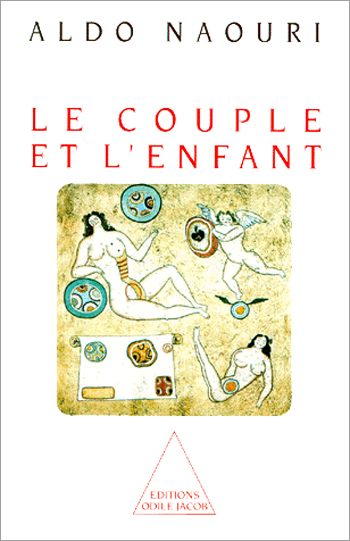
Aldo Naouri
The Couple and the Child
With a first birth, a woman naturally becomes a mother, and, in principle, a man becomes a father...
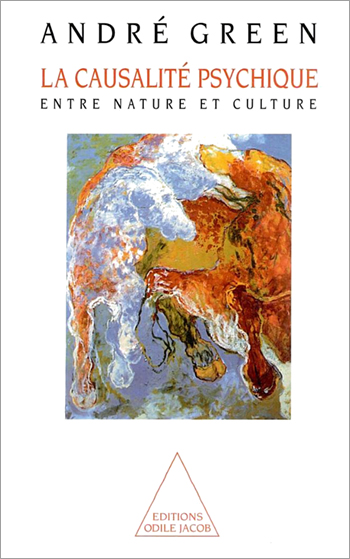
André Green
The Psychic Causality Between Nature and Culture
Without reprieve, we hear of the agony of psychoanalysis. On one hand, neuroscience and the cognitive sciences reduce the psyche to a sum of 'natural' phenomenon. On the other hand, the social sciences see it as an ensemble of 'cultural' process. In this point-by-point discussion of the issues in this debate, and drawing upon his extensive clinical experience as his main resource, André Green shows that the human psyche is the result of a double determinism, both natural and cultural. It emerges as an original and autonomous creation, and that is exactly what forms the specificity of psychoanalysis. Andre Green is a psychoanalyst and the President of the Psychoanalytic Society of Paris.
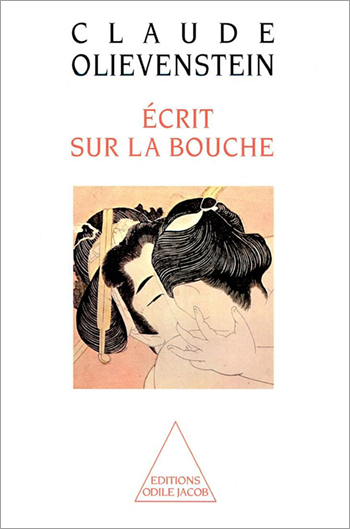
Claude Olievenstein
Written in the Mouth
"The mouth is beautiful. Everything starts with the mouth, from the first scream to the first sucking, from the first love kiss to the last farewell kiss. It is possible to view it only as an obscure hole or a devouring machine. It becomes more difficult when, from the labial to the short syllabe, it shapes itself as an instrument for language or music. Then, new questions are raised, especially regarding its relation to the cerebral systems." Claude Olievenstein

